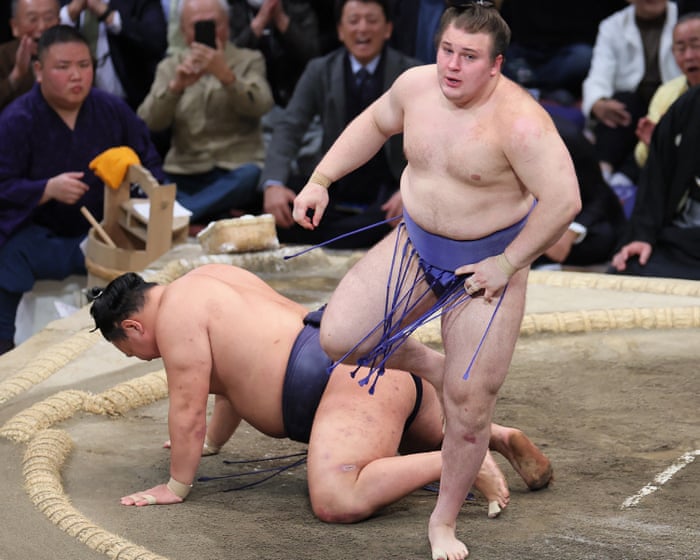The European Union has approved its 19th round of sanctions against Russia, marking the first time it has targeted Russian liquefied natural gas. This package also takes aim at the “shadow fleet” of ships Russia uses to bypass the oil price cap. The sanctions were formally adopted as EU leaders gathered in Brussels to discuss further support for Ukraine’s war efforts.
European Commission President Ursula von der Leyen announced the measures on X, stating, “For the first time, we are hitting Russia’s gas sector—the core of its war economy. We will not stop until the people of Ukraine achieve a just and lasting peace.”
The EU has agreed to a gradual ban on Russian LNG imports, with the goal of ending all trade in Russian shipped gas by January 1, 2027. Despite a sharp drop in pipeline gas supplies, Europe purchased a record amount of Russian LNG in 2024, a trade that has financially benefited Russia and weakened the EU’s backing for Ukraine.
Additionally, the EU has added 117 shadow fleet vessels to its sanctions list, bringing the total to 558 ships suspected of illegally transporting Russian oil. These vessels are now barred from EU ports and insurance services.
Russia is estimated to have between 600 and 1,400 unregulated tankers in its shadow fleet. These older ships, with unclear ownership, are used to sell oil above the Western price cap to countries like China and India. The G7 introduced the price cap in December 2022 to reduce Russian revenues funding the invasion, and Ukraine’s European allies tightened it further in September.
In another measure, Russian diplomats in the EU will no longer enjoy free movement within the bloc and must notify national authorities before traveling to another member state.
Denmark’s Foreign Minister Lars Løkke Rasmussen described the LNG import ban as a significant step toward eliminating Russian energy from the EU. He emphasized that the sanctions are having a real impact, making it harder for Russia to finance its illegal war against Ukraine.
The approval came after Slovakia withdrew its veto and the United States imposed sanctions on Russia’s two largest oil companies, Rosneft and Lukoil. These are the first U.S. measures against Putin’s war machine since Donald Trump returned to the White House in January.
Von der Leyen noted a possible warming of relations with the Trump administration, expressing appreciation for a discussion with U.S. Treasury Secretary Scott Bessent about the sanctions. She called it a clear signal from both sides.
EU leaders are set to demonstrate support for Ukrainian President Volodymyr Zelenskyy, who will attend the summit on Thursday. This follows a difficult week for Zelenskyy, including a tense meeting with Trump, who reportedly pressured him to cede territory.
Meanwhile, a plan to provide Ukraine with a multi-billion-euro loan backed by frozen Russian assets in the EU is stalled due to Belgium’s concerns. Belgium, which holds €183 billion in frozen Russian assets at Euroclear in Brussels, is hesitant about lending Ukraine €140 billion based on these funds. Belgian Prime Minister Alexander De Croo arrived at the summit on Thursday to address the issue.Minister Bart De Wever stated that he would oppose the plan unless adequate guarantees were provided. “I haven’t even seen the legal justification for this decision yet,” De Wever told reporters. “Even during World War II, frozen assets were never seized. This is a very significant move.”
Frequently Asked Questions
Of course Here is a list of FAQs about the EUs new sanctions on Russian liquefied natural gas designed to be clear and helpful for a general audience
Basic Understanding Definitions
1 What are these new EU sanctions on Russian LNG
The EU has banned the reexport of Russian liquefied natural gas from its ports to other countries This means Russian LNG can still be imported into the EU for now but it cant be transshipped through EU ports to be sold elsewhere
2 What is LNG
LNG stands for Liquefied Natural Gas Its natural gas that has been cooled to a liquid state which makes it much easier and safer to transport over long distances in specialized tanker ships
3 Why is the EU targeting LNG now
While the EU has already banned Russian pipeline gas it has continued to import a significant amount of Russian LNG These new measures aim to close a major loophole reduce Russias energy revenues used to fund the war and disrupt its global LNG trade operations
4 Is the EU banning all imports of Russian LNG
No not yet The immediate ban is on using EU ports to transship Russian LNG to third countries A future ban on Russian LNG imports for use within the EU is still being discussed
Impact Consequences
5 How will this hurt Russia
It will make it harder and more expensive for Russia to sell its LNG globally By blocking a key transshipment route Russia loses flexibility and must find more costly and logistically complex ways to get its gas to market in Asia
6 Will this cause gas prices in Europe to go up
Its possible there could be some shortterm price volatility but experts dont expect a major spike The EU has successfully diversified its gas supplies since the start of the war and has high levels of gas in storage which should help cushion any impact
7 How will this affect countries outside of Europe like in Asia
Countries in Asia that were buying Russian LNG that was transshipped through Europe may now face supply disruptions or higher costs as they will need to source LNG directly from Russia or find alternative suppliers
8 What is transshipment and why is it important
Transshipment is when a large LNG



